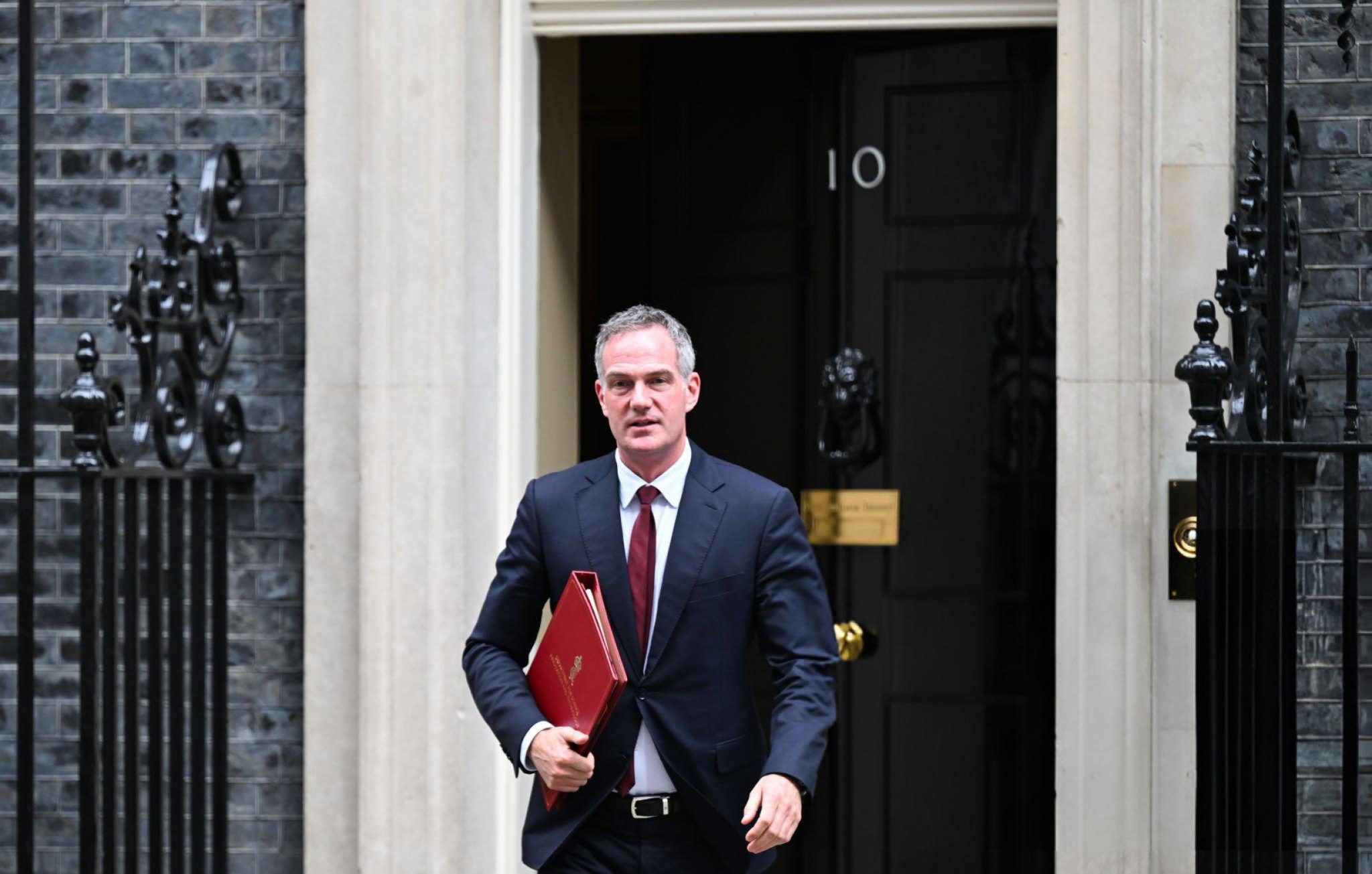Proposals to Protect Creatives’ Copyright from AI Rejected by MPsTechnology Secretary to convene expert groups after Commons votes down transparency amendment
Proposals aimed at safeguarding the creative industries from unregulated use of their work by artificial intelligence (AI) systems have been rejected by MPs, with Government figures insisting that a more measured approach is required. In a Commons vote on Tuesday, MPs disagreed by 195 votes to 124 with a Lords amendment calling for mandatory transparency requirements in the Data (Use and Access) Bill.
The amendment, tabled by Baroness Beeban Kidron, would have obliged companies developing AI models to disclose when and how they used copyrighted material, thereby enabling authors, artists and performers to trace the use of their work. Its defeat follows impassioned exchanges in the Commons, where Technology Secretary Peter Kyle argued that pitting the creative and technology sectors against one another was “unnecessarily divisive”.
Kyle told MPs the Government recognised the importance of both the creative industries—currently worth over £115 billion to the UK economy—and the burgeoning AI sector. “Growing Britain’s economy needs both sectors to succeed and to prosper,” he said. “We have to become a country where our people can enjoy the benefits and the opportunities of both.”
He warned that retrofitting transparency rules to a Bill primarily concerned with data access risked delays and legal uncertainty. Instead, Kyle pledged to establish a series of expert working groups, drawing on “the inclusion, the involvement and the experience of both creatives and technologists,” to devise bespoke legislation on copyright, transparency, licensing and technical standards.
Labour MP James Naish (Rushcliffe) intervened to warn that “AI development has already trampled over [creatives’] rights” and urged swift action. Kyle acknowledged that large volumes of content had already been “scraped” into AI training sets—often under existing law—but said the solution lay in properly considered, enforceable legislation rather than piecemeal amendments.
Dame Caroline Dinenage, chair of the Culture, Media and Sport Committee, criticised the Government’s position. “What rights holders need is what this amendment says—clear, relevant, accurate and accessible information about the use of their copyrighted works,” she said. “A legislative vehicle in the future, however welcome, is simply too late to protect the livelihoods of so many of the UK’s 2.5 million creative workers.”
Conservative MPs also voiced concerns. Joe Robertson (Isle of Wight East) accused Kyle of granting “certainty to large, multinational tech companies to get away with scraping original content”. Kyle countered that the current Bill did not pertain to AI or copyright, stressing his aim to legislate “rapidly” but correctly.
SNP MP Pete Wishart (Perth and Kinross-shire) labelled the Government’s offer as “nothing” for creators. Kyle insisted there was a “better way forward” that would deliver the certainty, protections and transparency sought by the creative sector.
Shadow Technology Minister Ben Spencer warned of a “Bill of missed opportunities”, noting the legislation also missed chances to improve public datasets, bolster children’s online protections and clarify the interaction between AI firms and creative rights-holders.
With the Commons having rejected the transparency amendment, the Data (Use and Access) Bill will now return to the Lords unless peers withdraw or revise their proposal. Meanwhile, Kyle’s announced working groups aim to report this summer, feeding into dedicated copyright reform. The Government has pledged a white paper on AI later in the year, which may set out a statutory framework for the use of copyrighted content in model training.
Industry bodies welcomed the prospect of a tailored approach but remain sceptical that progress will keep pace with the rapid deployment of generative AI. The British Academy of Songwriters, Composers and Authors called for interim guidance to ensure creators are not left unprotected in the months ahead.
As discussions continue, creative professionals and AI developers alike will watch closely to see whether the Government can strike the balance Kyle described—protecting original work without stifling innovation in one of the fastest-growing sectors of the UK economy.






